When Is It Safe for Babies to Fly
Wear the Best Mask You Have
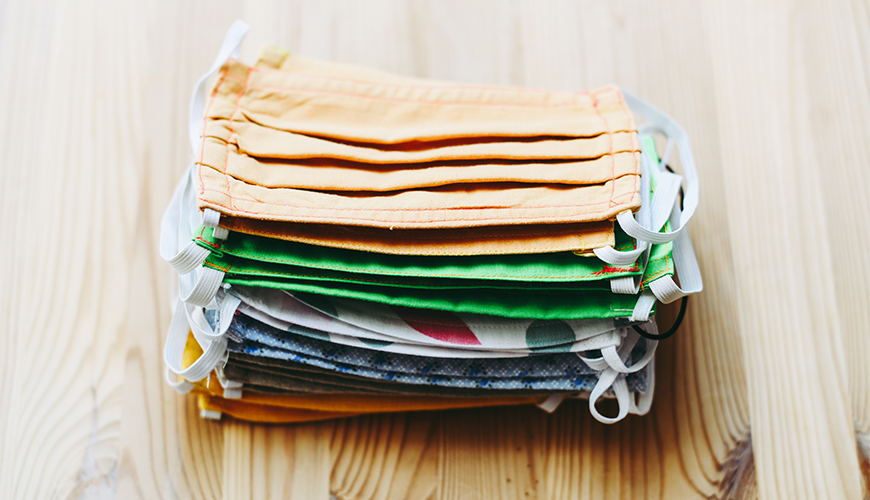
Cloth masks are fine for a quick grocery store run, but when you're going to be sitting near other people for a long period of time on an airplane, that's the time to break out your best mask. N95, N99, and surgical masks are generally more effective at blocking viruses than a homemade cloth mask. Remember, most airlines have banned masks with vents (because they don't prevent germs from spreading) so leave those at home.
You may also want to consider wearing a face shield or goggles, which can prevent droplets from getting into your eyes (one way that COVID-19 spreads).
Make a Plan for Getting To/From the Airport
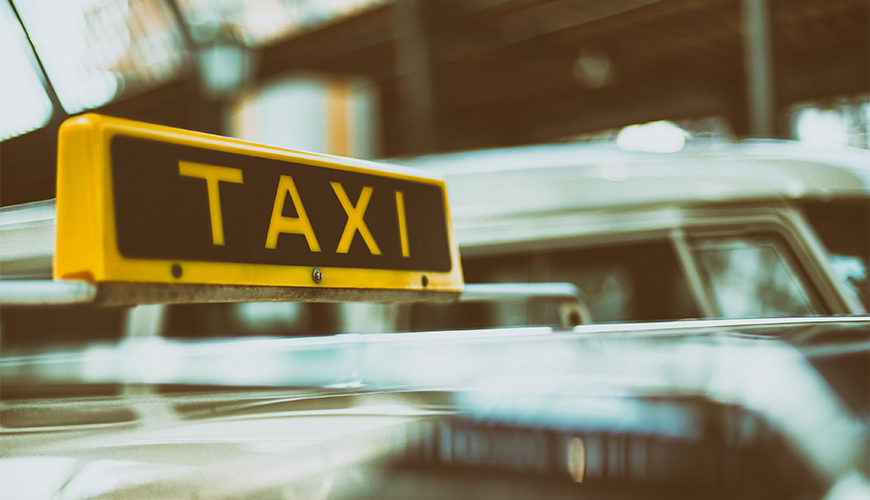
Pre-pandemic, you'd grab a Lyft or take public transportation to the airport, only worrying about time and cost. Now, you have to take into consideration social distancing and safety. Decide what you're most comfortable with and make a plan. If you take a rideshare, be sure to wear your mask the entire time, sanitize your hands before and after entering/exiting the vehicle, and crack the windows during your journey to let in fresh air.
Wash/Sanitize Your Hands Often
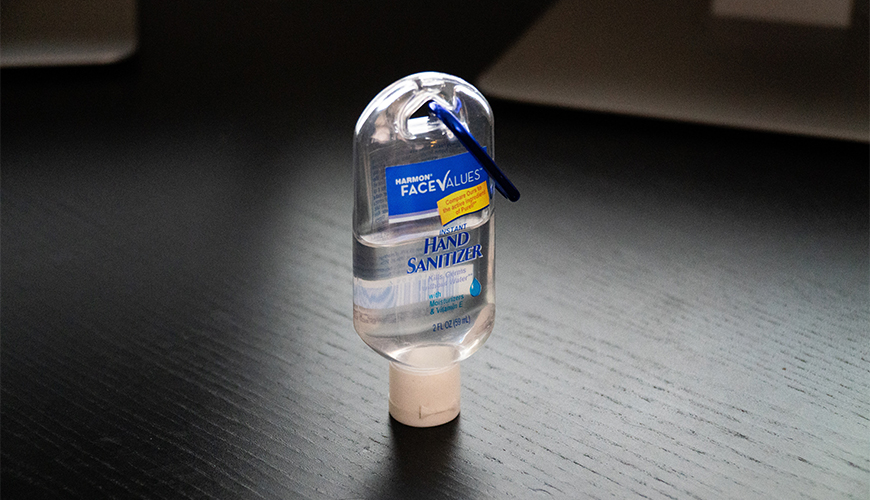
Washing your hands should be second nature by now. Wash your hands frequently while traveling, and pack hand sanitizer to use on the plane. If you can't find travel-size hand sanitizer to pack, know that the TSA is temporarily allowing passengers to carry-on hand sanitizer in containers of up to 12 ounces (limit one per passenger).
Eat Before You Fly
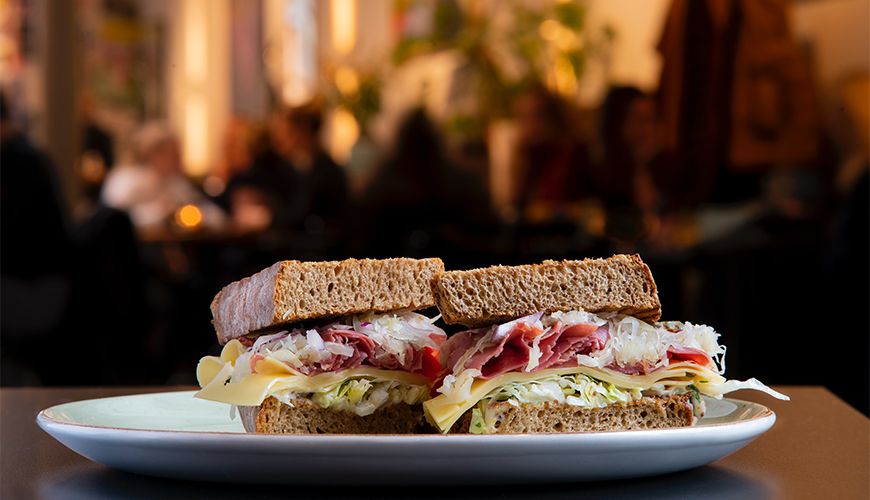
You might be allowed to take your mask off in the airport/on the airplane to eat and drink, but you're putting yourself and others more at risk each time you remove your face covering. Try to eat and drink before you leave so you don't have to on your journey. If it's a long trip and that's not possible, you might want to pack your own food. Many airport restaurants and stores are closed, and in-flight food/beverage services are reduced or canceled entirely.
Choose Your Airline and Flight Wisely
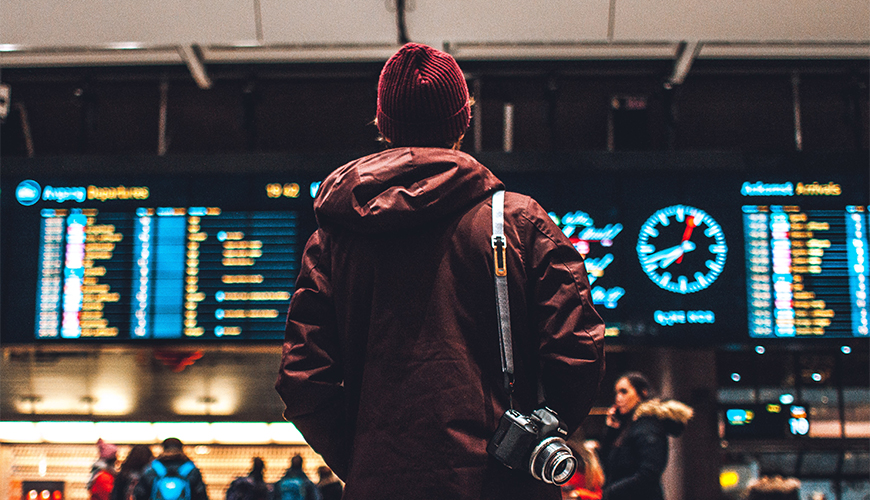
Some airlines are blocking off middle seats, while others are selling 100 percent of their seats if they can. Check this helpful list to see what each airline's policy is, and try to fly with a company that is allowing for more space between passengers.
Consider flying at off-peak times (like a very early morning or very late night flight) that's likely to be less full, and keep an eye on the seating chart for your flight. If the flight looks like it's going to be more packed than you're comfortable with, many airlines will let you change your flight to an emptier one at no cost.
Sanitize Your Seat
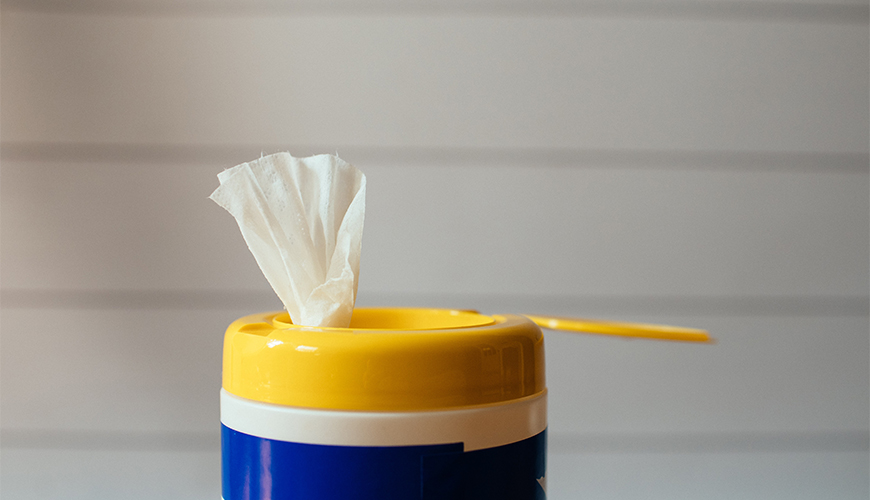
Don't fly without your travel-sized sanitizing wipes. Before you sit down, thoroughly wipe down your seat, headrest, seatbelt buckle, seatback entertainment screen, armrest, and tray table.
Board Last
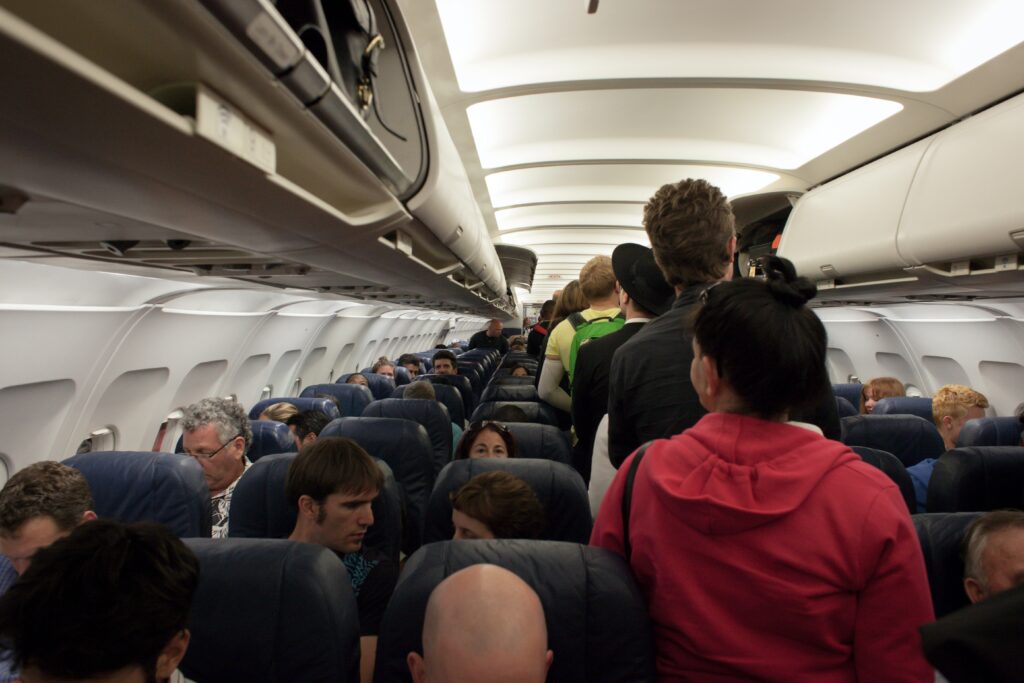
Gone are the days when we'd crowd around the gate and fight to be the first in our group to board so that we could claim precious overhead space for our bags. Lingering at a safe distance until the final boarding call keeps you from congregating with crowds, and also means you won't be sitting on the plane as other passengers walk past you. With many flights running at a reduced capacity, it's unlikely that you'll face the dreaded luggage gate-check anyway.
More from SmarterTravel:
- 15 Tiny Travel Products to Keep You Healthy
- The 10 Germiest Places You Encounter While Traveling
- 5 UV Sanitizer Products
We hand-pick everything we recommend and select items through testing and reviews. Some products are sent to us free of charge with no incentive to offer a favorable review. We offer our unbiased opinions and do not accept compensation to review products. All items are in stock and prices are accurate at the time of publication. If you buy something through our links, we may earn a commission.
When Is It Safe for Babies to Fly
Source: https://www.smartertravel.com/tips-for-flying-during-covid-19/
0 Response to "When Is It Safe for Babies to Fly"
Postar um comentário